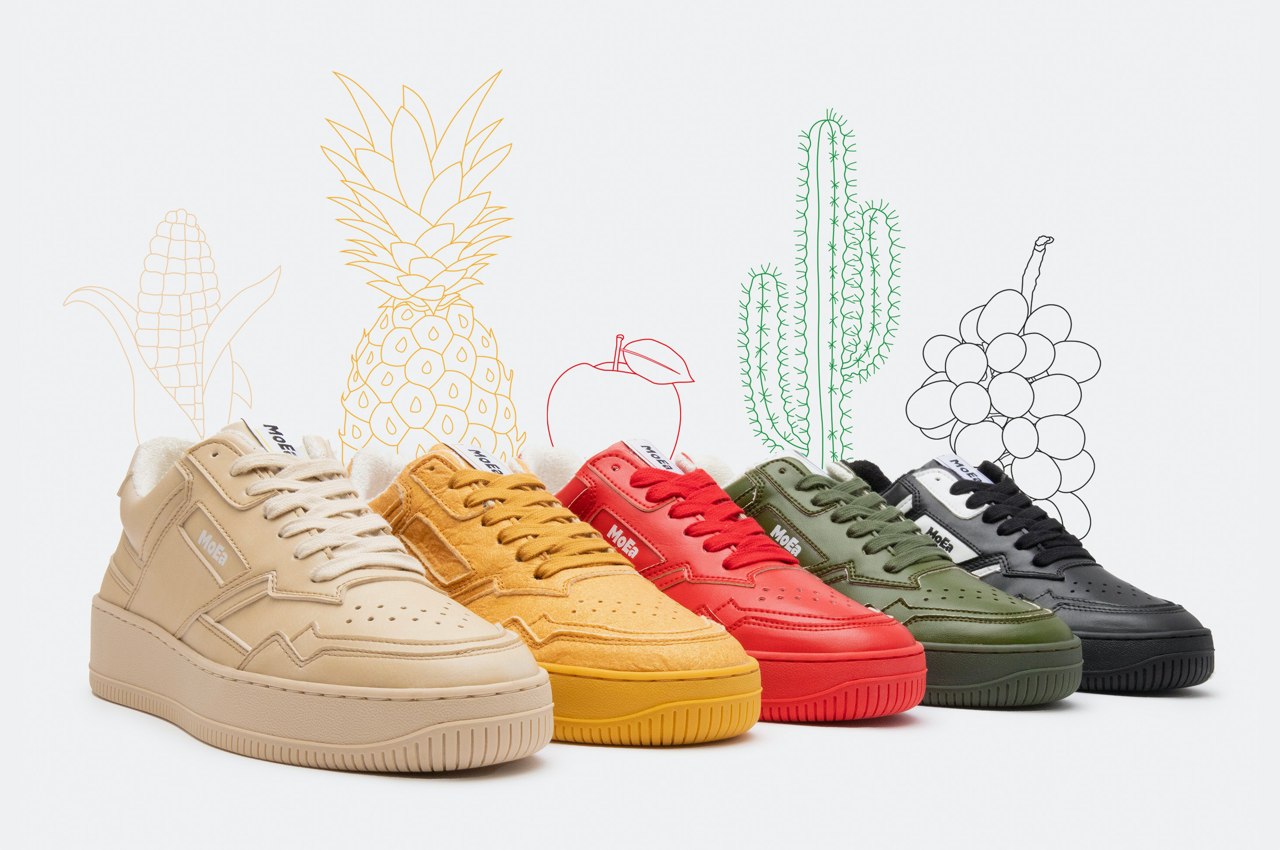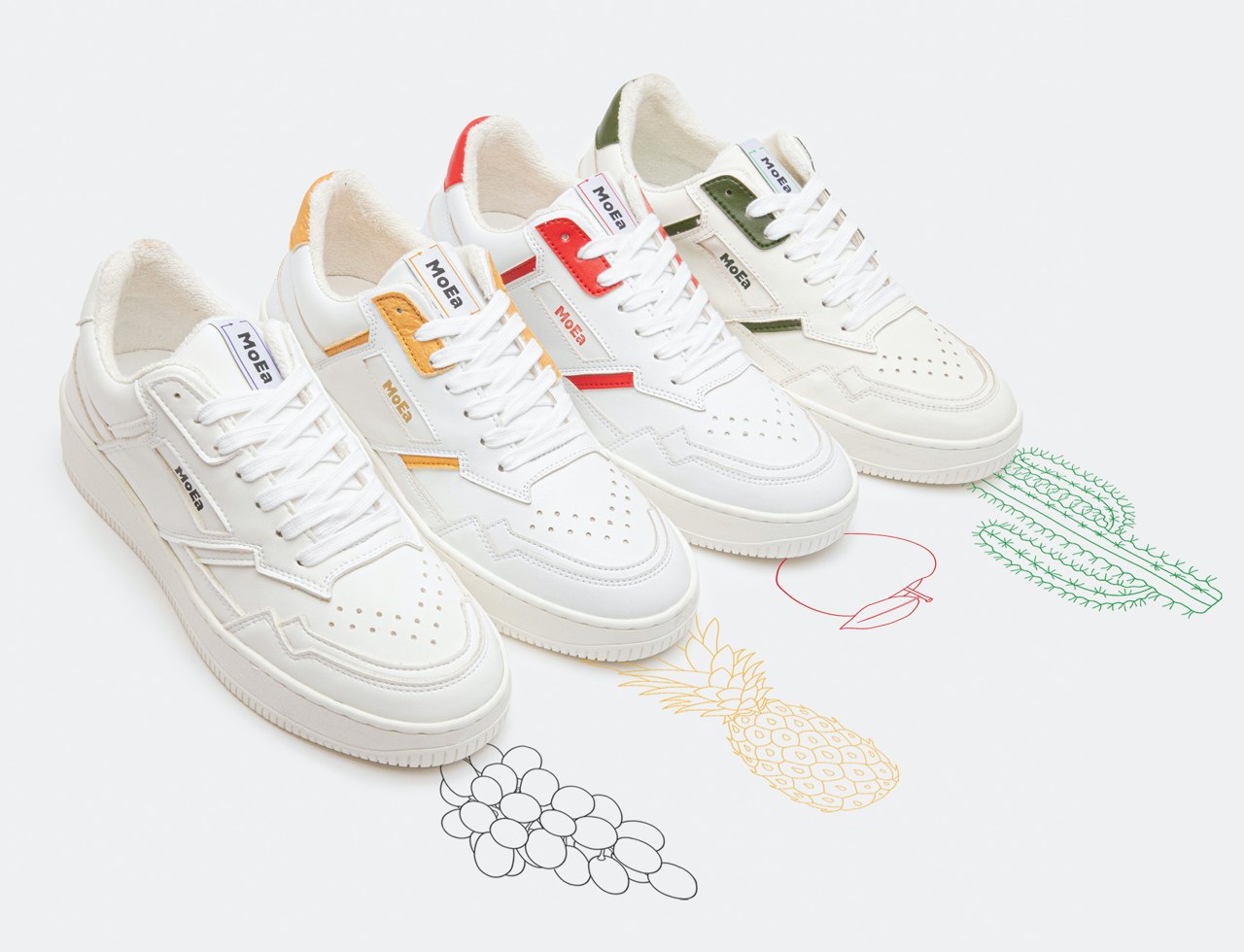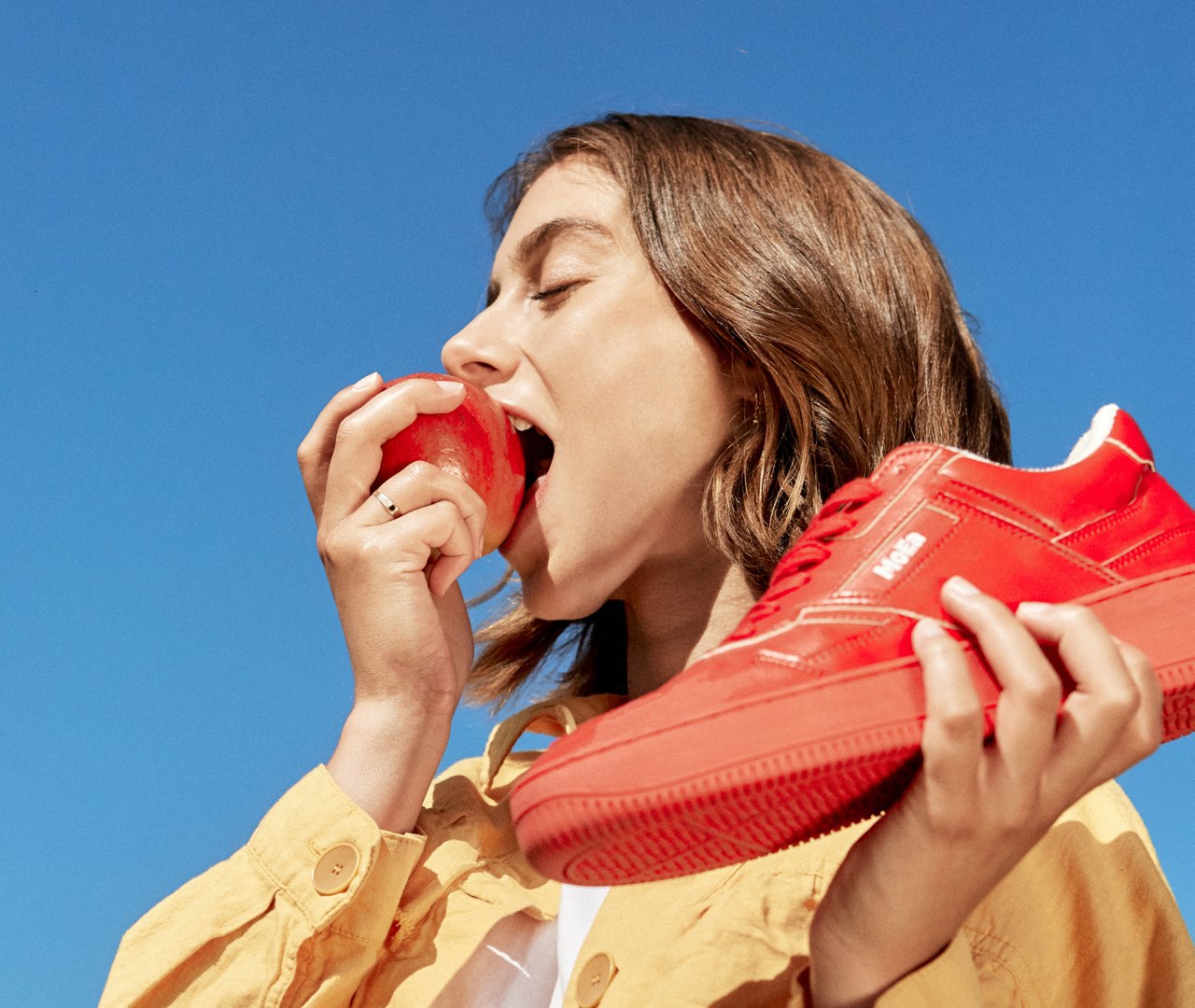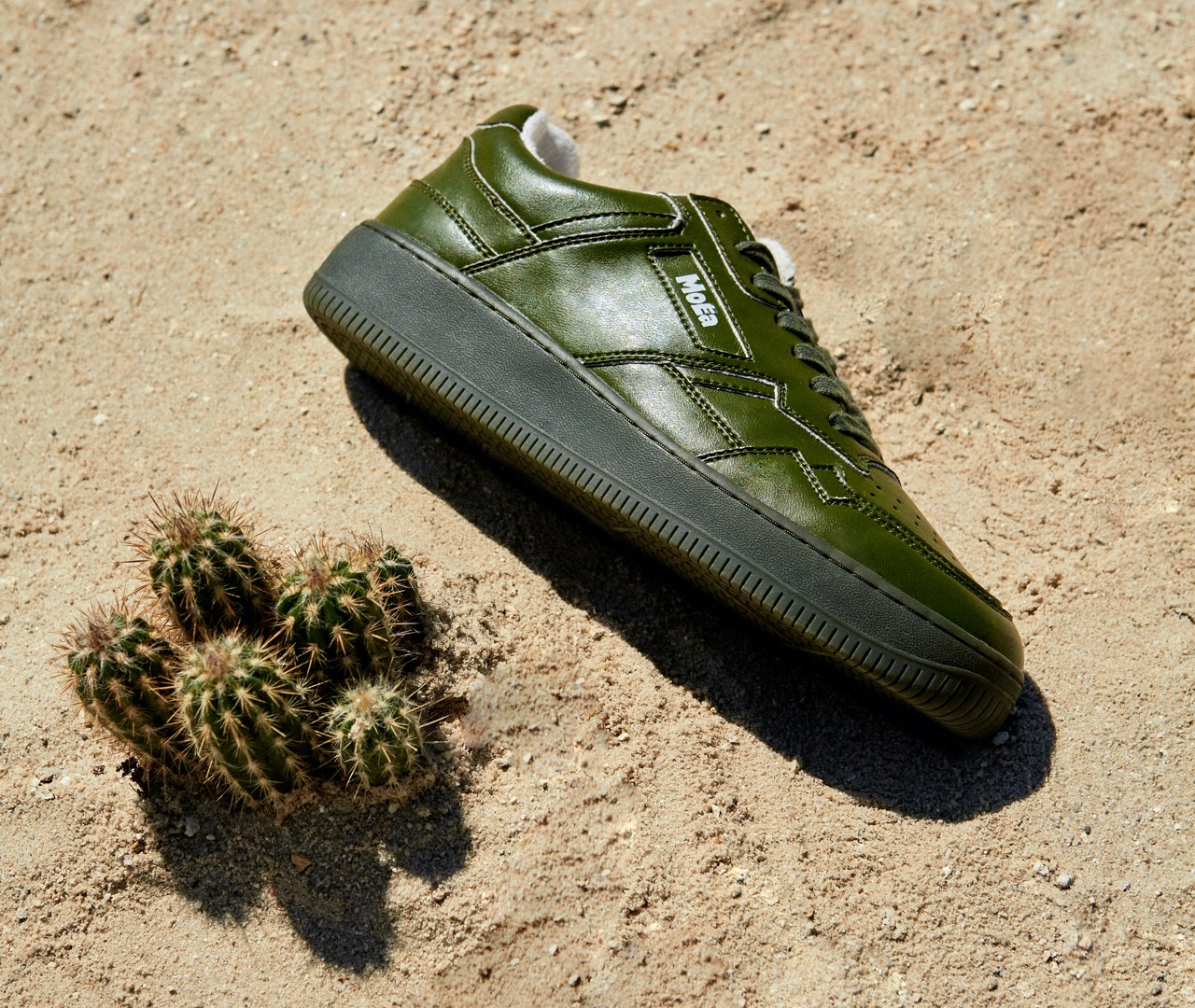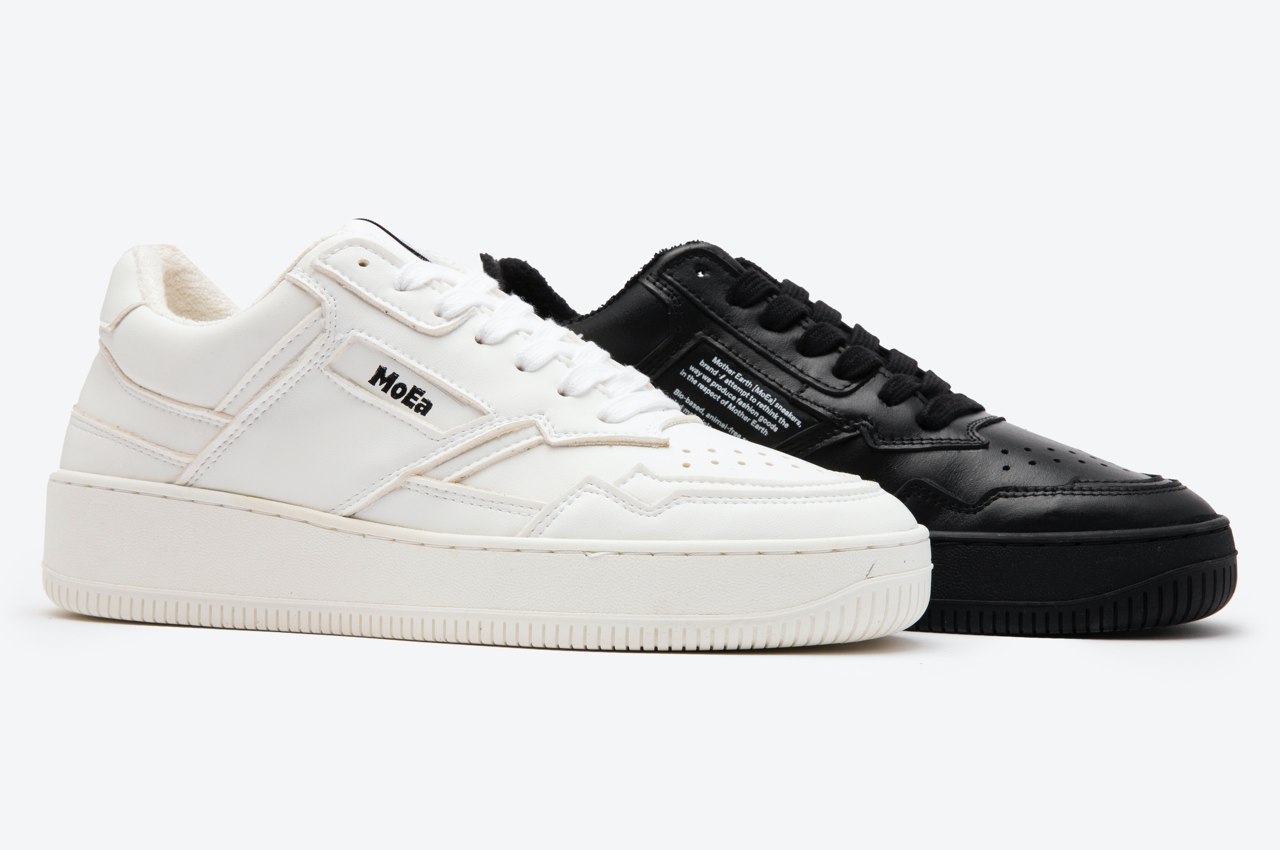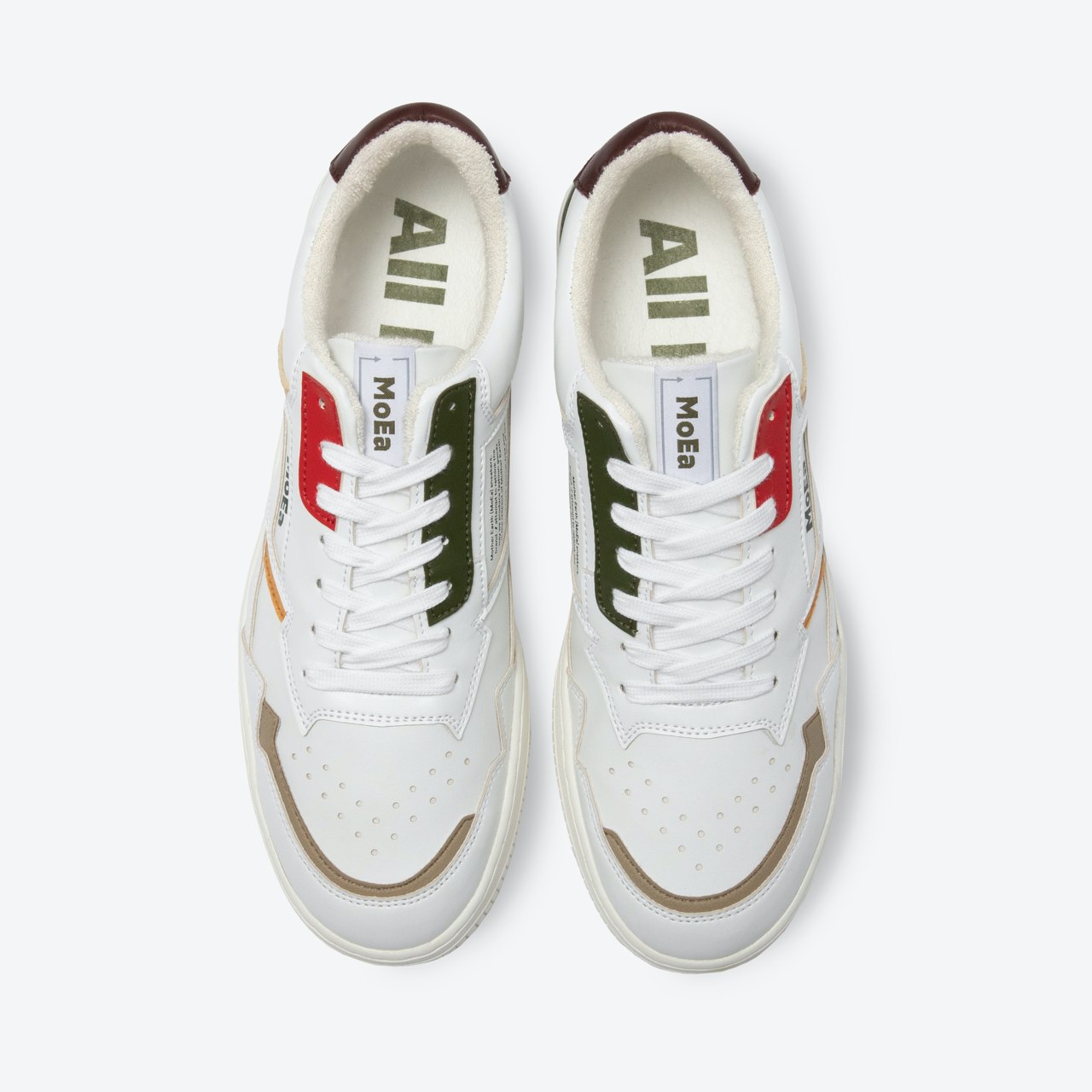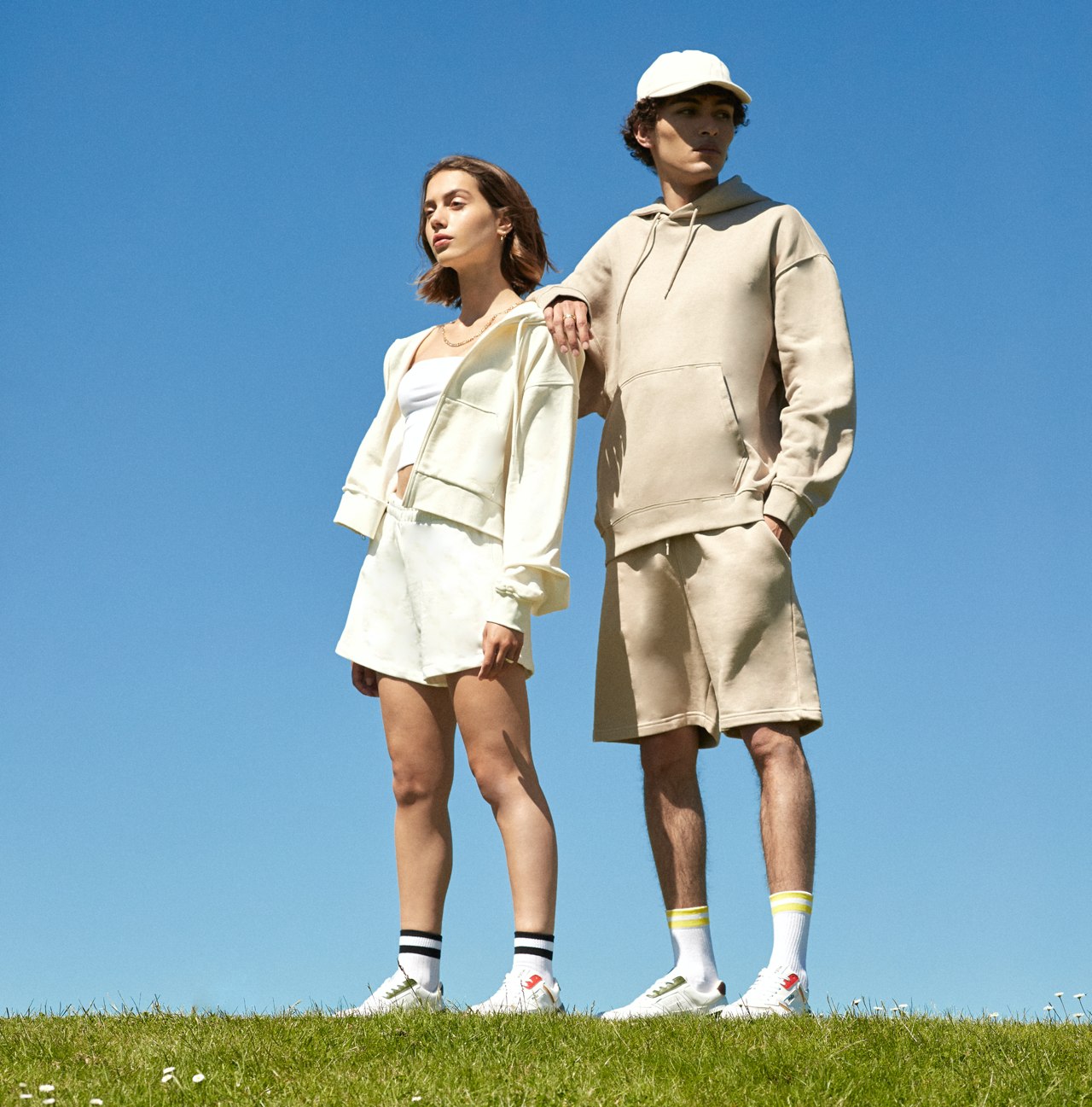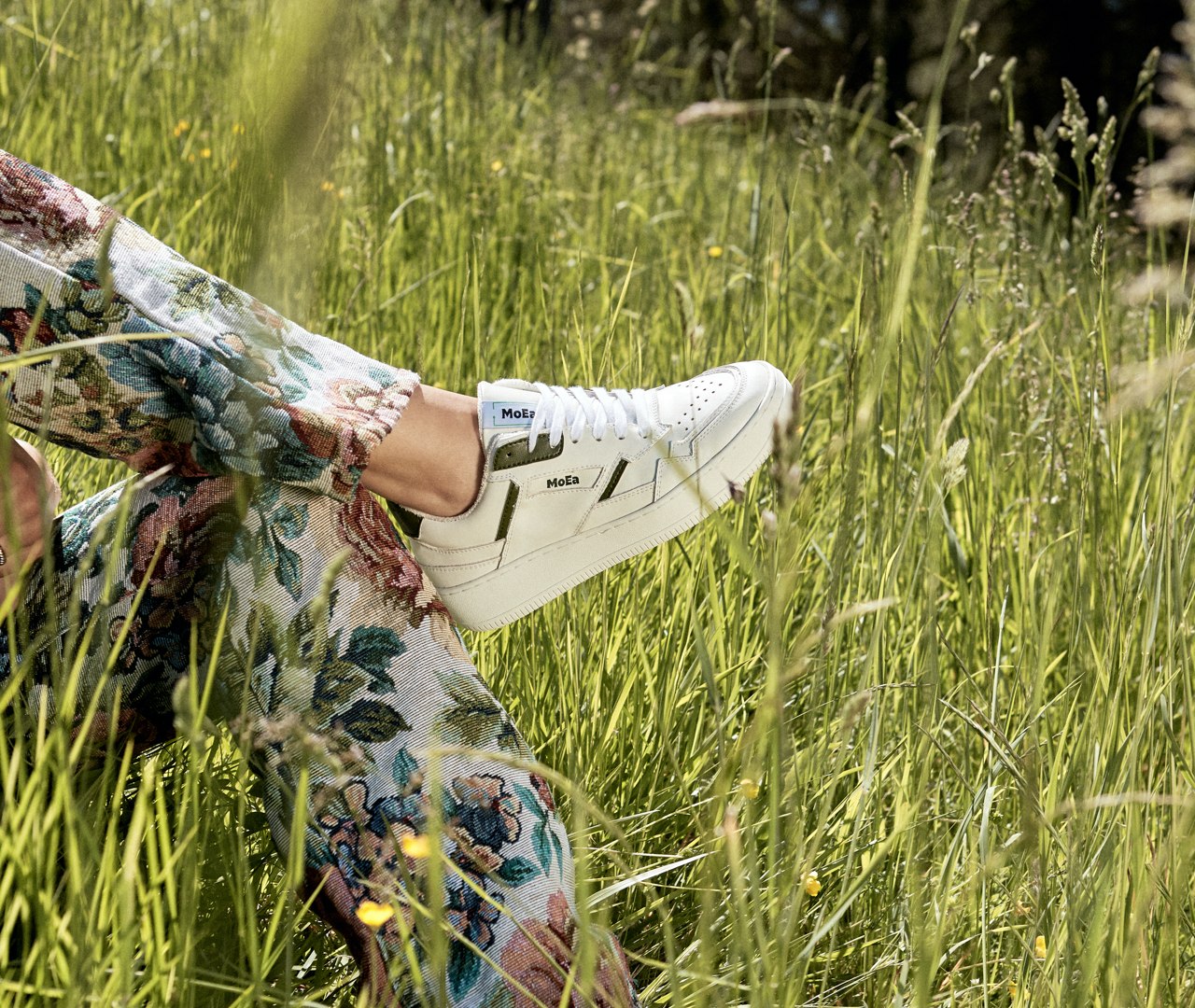Your next sneakers could be made from apples, grapes or even cacti… and they are MUCH better for the environment.
[ad_1]
Apples, pineapples, grapes, corn… no, these are not ingredients for a fruit salad. This is where MoEa sneakers are made. Using unique technology that turns fruit into shoes, MoEa ushers in an era of vegan leather as good as the real deal. Why? Because these plant-based leathers emit 89% less carbon than regular leather… and they also help us tackle our huge food waste problem.
Creators: Achille Gazagnes, Benoit Habfast & Simon de Swarte
Click here to buy now: $ 106 $ 154 (31% reduction). Hurry, only 15/189 left!
It’s easy to think of vegan leathers as some sort of “gimmick”, although on a large scale, leather production has an undeniably ugly impact. Animal husbandry accounts for over 10% of all global carbon emissions, and leather tanning introduces tons of toxic chemicals into our soil and water. Also, slaughtering an animal to make a shoe seems a bit of a stretch if you ask me. The obvious alternative material for footwear, plastic, has a reputation that precedes it. In addition to being virtually impossible to recycle, plastic shoes will erode over time, causing microparticles to enter our soil, air, water, and eventually our food cycle.
MoEa thinks they have a better alternative that kills two birds with one stone. Not only do they replace traditional leather and plastic with biomaterials, but they rely on food waste like grape pulp from the Italian wine industry, pineapple leaves from the Philippine fruit industry, inedible corn. from the American corn industry, and unpretentious cactus leaves from Mexico. Turning waste into raw materials, MoEa binds these fruit and plant fibers with cotton, or blends them with bio-polyurethane to create a new family of biomaterials that have a significantly lower impact on the environment. They look and feel like leather, while also being breathable, recyclable and, as an added bonus, cruelty-free.
Short for the words Mother Earth, MoEa firmly believes that the best way to turn the fashion industry around is to physically show that it is absolutely possible to create products that are made in a sustainable way. The movement begins at MoEa’s headquarters in Italy, arguably the epicenter of global fashion. Surrounded by companies that are part of the “fast fashion†problem, the folks at MoEa set out to pave the way for a fully sustainable footwear business. I say entirely because every MoEa sneaker is sustainably constructed from the inside out.
On average, each sneaker contains around 49% plants / fruits per composition. The sockliner is made from a soft and breathable 100% recycled wood fiber, while the soft inner lining of the shoe is a recycled bamboo fabric that wicks away moisture. Depending on the style of shoe you choose, the outer body can be made from a variety of leathers, ranging from food waste generated from apples, grapes, corn, pineapples or even just harvested cactus leaves. . The individual vegan leather pieces are stitched together and glued to a 40% recycled rubber outsole with water-based glue, before being finished with organic cotton laces. Even the box the shoe comes in is made from recycled paper and is devoid of any plastic or even extra paper frills. All of the important instructions for taking care of your shoe are printed directly inside the box.
It’s justified to be a little skeptical of shoes made from fruit – I would be too – although MoEa has done a lot of R&D to make sure the shoes perform as well as they do. ‘air. The shoes are designed to be water resistant and tested for durability. They are made by skilled workers from MoEa’s supply center in Portugal and the company is even committed to building a circular economy around the product. At the end of the sneakers’ lifecycle, consumers can return them to MoEa for free in exchange for a 10% discount on the next pair of shoes. Returned shoes will be disassembled, shredded and reused appropriately in a new set of sneakers, helping to reduce overall waste while minimizing the shoe’s carbon footprint. As they say, one apple sneaker a day reduces carbon emissions.
Click here to buy now: $ 106 $ 154 (31% reduction). Hurry, only 15/189 left! Raised over $ 80,000.
[ad_2]

